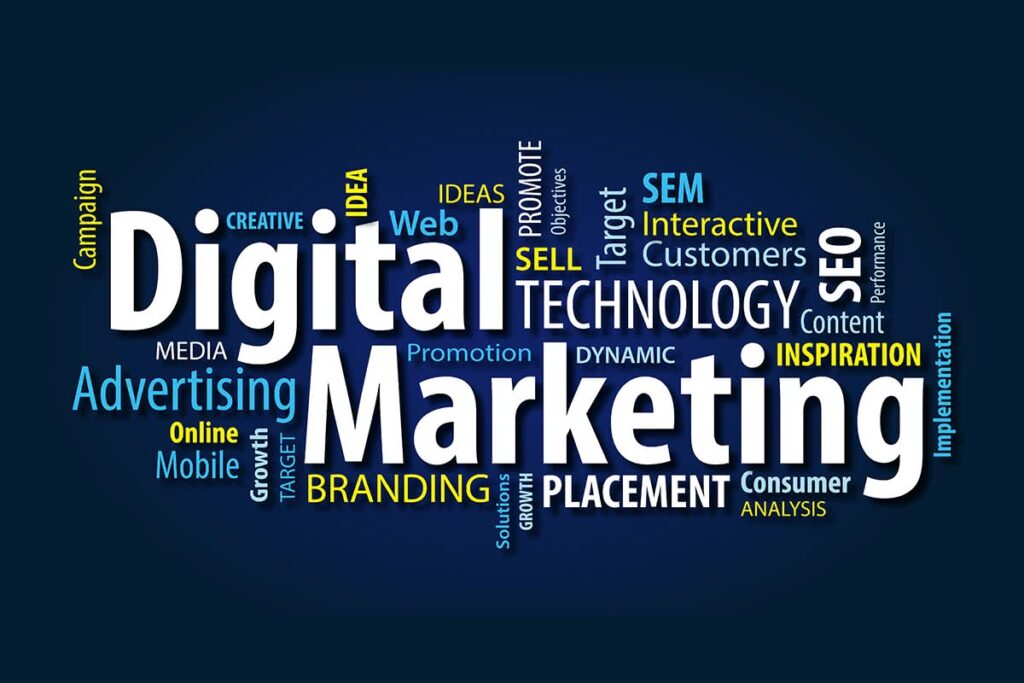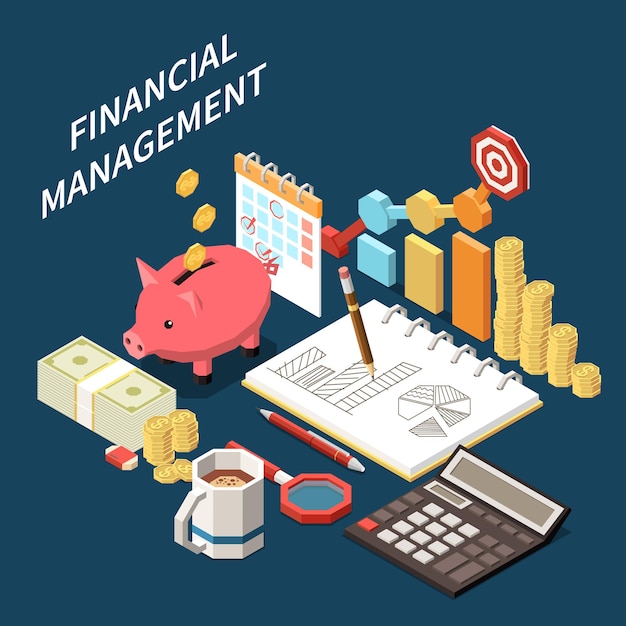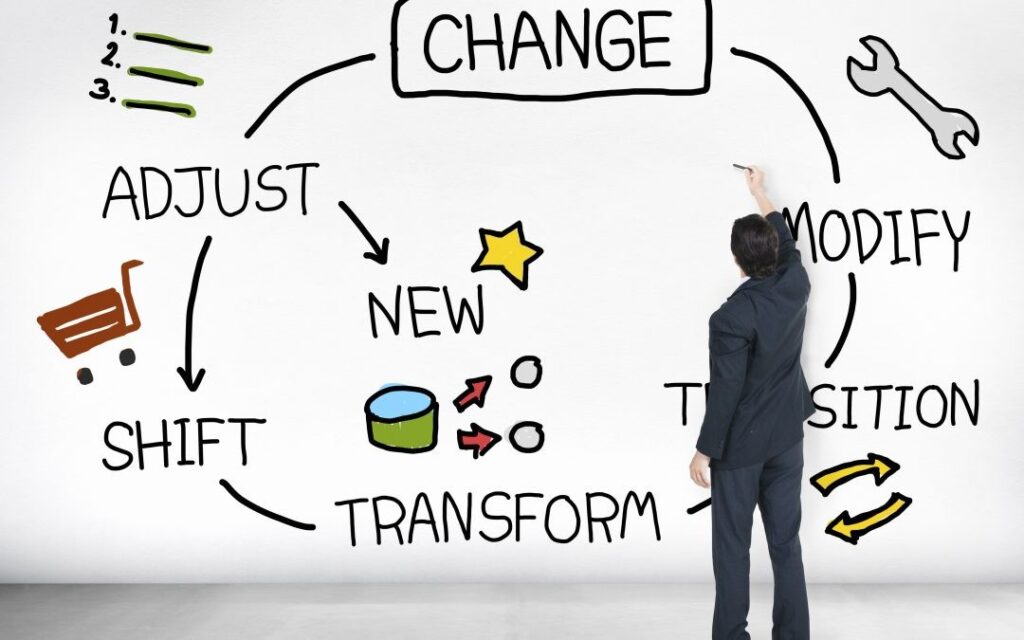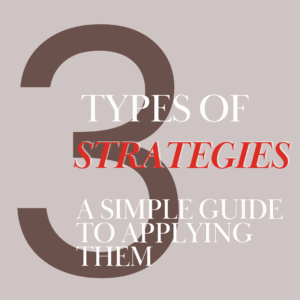
In today’s competitive business landscape, starting and running a successful small business requires more than just a great idea. It demands strategic planning, adaptability, and a relentless pursuit of excellence. This blog post will delve into key strategies to help you build a sustainable small business that thrives in the long run.
1. Solidify Your Business Plan.

* Market Research: Conduct thorough market research to identify your target audience, competition, and industry trends.
* Financial Projections: Create realistic financial projections, including startup costs, revenue forecasts, and cash flow statements.
* Business Model Canvas: Utilize the Business Model Canvas to visualize your value proposition, customer segments, revenue streams, and cost structure.
2. Prioritize Customer Experience.

* Exceptional Service: Deliver outstanding customer service to build loyalty and positive word-of-mouth.
* Effective Communication: Maintain open and transparent communication with your customers.
* Feedback Loop: Actively seek customer feedback to identify areas for improvement.
3. Embrace Digital Marketing.

* Website Optimization: Create a professional website that is user-friendly and optimized for search engines.
* Social Media Marketing: Leverage social media platforms to connect with your target audience and drive traffic to your website.
* Content Marketing: Produce high-quality content, such as blog posts and videos, to establish your brand as an industry authority.
* Email Marketing: Build an email list and send targeted email campaigns to nurture leads and drive sales.
4. Manage Your Finances Wisely.

* Budgeting: Create a detailed budget to track your income and expenses.
* Cash Flow Management: Monitor your cash flow closely to ensure you have enough funds to meet your obligations.
* Financial Software: Utilize financial software to simplify accounting and tax tasks.
5. Network Strategically

* Industry Events: Attend industry events to connect with other entrepreneurs and potential clients
. * Online Communities: Participate in online forums and social media groups to build relationships with like-minded individuals.
* Mentorship: Seek guidance from experienced mentors who can offer advice and support.
6. Adapt to Change

* Stay Informed: Keep up with industry trends and emerging technologies.
* Be Flexible: Be willing to pivot your business strategy as needed to adapt to changing market conditions.
* Continuous Learning: Invest in your professional development to stay ahead of the curve.
Building a sustainable small business is a journey, not a destination. By following these strategies and staying committed to your vision, you can overcome challenges, seize opportunities, and achieve long-term success.






